


AUSTRALIA
If you’ve seen a Tasmanian devil on television, the man holding it is likely Androo Kelly. In recent years, the species population has plummeted due to human pressure and a facial tumor disease, but Kelly is credited worldwide for saving the Tasmanian devils from extinction. His animal sanctuary, Trowunna Wildlife Park, was one stop on the 2016 Australia January Term trip through the psychology department.
The trip began twenty years ago out of neuroscience professor Eric Wiertelak’s recognition that many science students did not consider studying abroad during the normal semester. The two-credit course occurs every four to five years and focuses on animal behavior and evolutionary psychology in marsupial mammals in Australia.
This year, the 19-student group traveled to several cities in Australia and Tasmania to hear lectures from wildlife experts in zoos, public and private nature preserves and the Daintree rainforest. Although the trip itinerary was very tightly packed, the group also had some free time to snorkel in the Great Barrier Reef and explore Sydney.
David Leipold ’16, a neuroscience and psychology double-major, decided to go on the trip because he did not have enough space in his schedule for a full semester abroad and had heard Wiertelak, his advisor, talk about the trip. Leipold remembers snapchatting a friend back in Minnesota while snorkeling in the Great Barrier Reef in a balmy 70 degrees and realizing it was below zero back home. “That was really cool to put the trip in perspective,” he said.
Both Leipold and Wiertelak considered the Kelly experience to be one of the main highlights of the trip. Kelly opened up his sanctuary to the class for the entire day. During their time together, he lectured about the origins of Australia and Tasmania, took the group on a hike to the highest point in Tasmania and into caves and let the students feed the Tasmanian devils and meet the 80 gray kangaroos that roam free in the sanctuary.
“It’s an incredible experience to have someone open up their entire operations,” Wiertelak said. “In general the people who are trying to save the species are all incredibly generous with their time.”
Wiertelak says the least costly parts of the trip are the actual excursions. The hefty $6,700 sticker price comes largely from the airfare to Australia and travel within the country. “It’s hard for a student to look at a course that might cost many thousands of dollars,” said Wiertelak. He would like to see Macalester offer more support for the trips.
Ultimately, Leipold felt the trip was worthwhile, “It was a great experience and a lot of lessons were taught to me through my own experience,” he said.
None of the faculty who attend the January trips are paid for their trips either, which requires a year of advanced planning.
“After all that work I think, ‘God, that’s a lot of effort.’ Then I get to Tasmania, and we drive up in the bus, and there’s Androo Kelly, and he shakes my hand, and I get tears in my eyes,” Wiertelak said. “Already, that is worth the experience right there. We can’t deliver something like that in the middle of St. Paul.”


ROME
“I finally feel like a Classics major,” Michelle Coblens ’16 said after the January trip to Rome. “Now I know some of the things I should have known all along.”
This is the hope of the professors in the Classics department, who lead out of a desire to enhance the academic experience of their students.
“We are of the opinion that when you study the ancient world, it is best to study it when you are in it,” professor Nanette Goldman said.
The course is a survey of the history of ancient Rome through its art and architecture and was first created by Professor Beth Severy-Hoven in 2000, although she did not attend the trip this year. The professors on the 2016 trip, Goldman, Andrew Obverman and Brian Lush, lectured to students in preparation for each day. Each student was also assigned to a stop and also provided a short synopsis on-site.
“I gave a presentation on arena games in the Coliseum,” Coblens said, “that was a highlight.”
The students also had free-time in the afternoons and evening to explore the city and spend time with classmates. Although most did not know each other well before the trip, over the course of the two weeks many became close friends (including Coblens and Sarah Baumann ’16). “We spent 24 hours a day together for two weeks and look at us now,” Coblens said. “We joke that we went through our honeymoon and 50th anniversary on this trip.”
The group explored the city by foot and walked over 125 miles during the two weeks. By the end, they were quite exhausted but also fulfilled. “It was definitely the whole experience,” Baumann said. “I can’t imagine trying to picture it in the classroom. It’s all still there which is the crazy thing.”
This amazement is what has led Professor Goldman to chaperone seven trips in total. “I love watching students experience it for the first time,” she said. “Things they’ve studied for so long and then there it is. It’s so cool to see.”











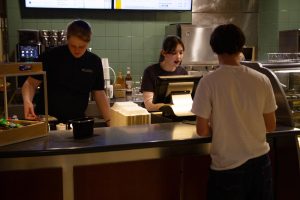
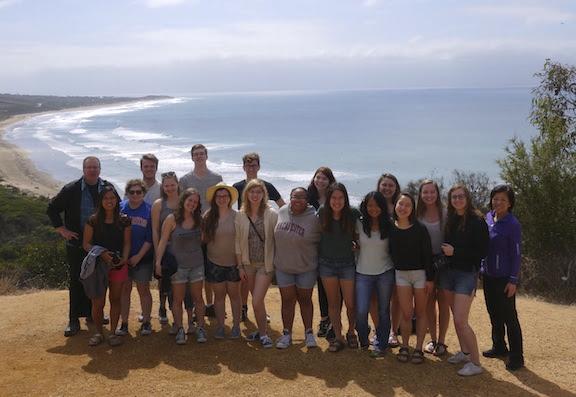


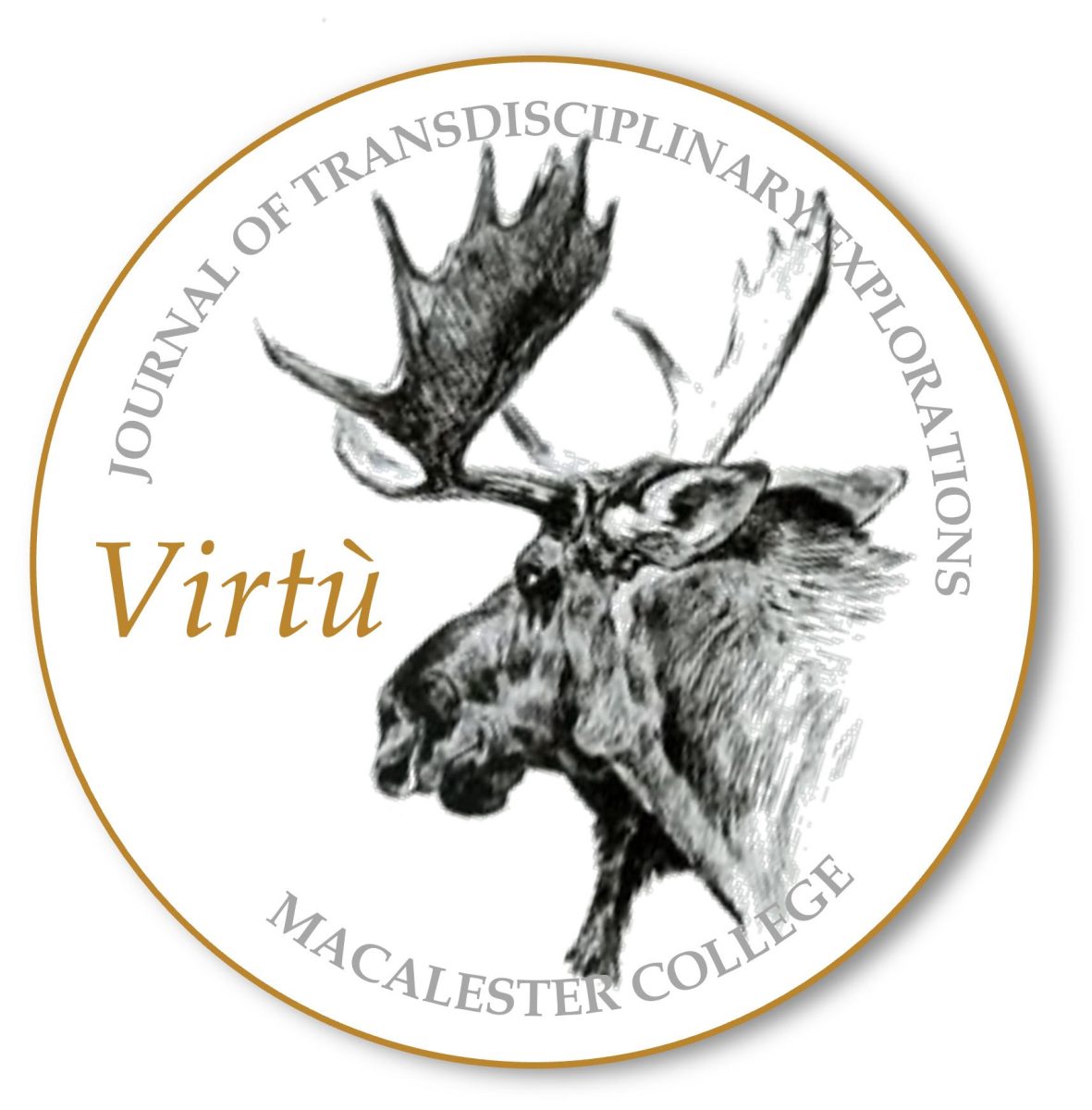
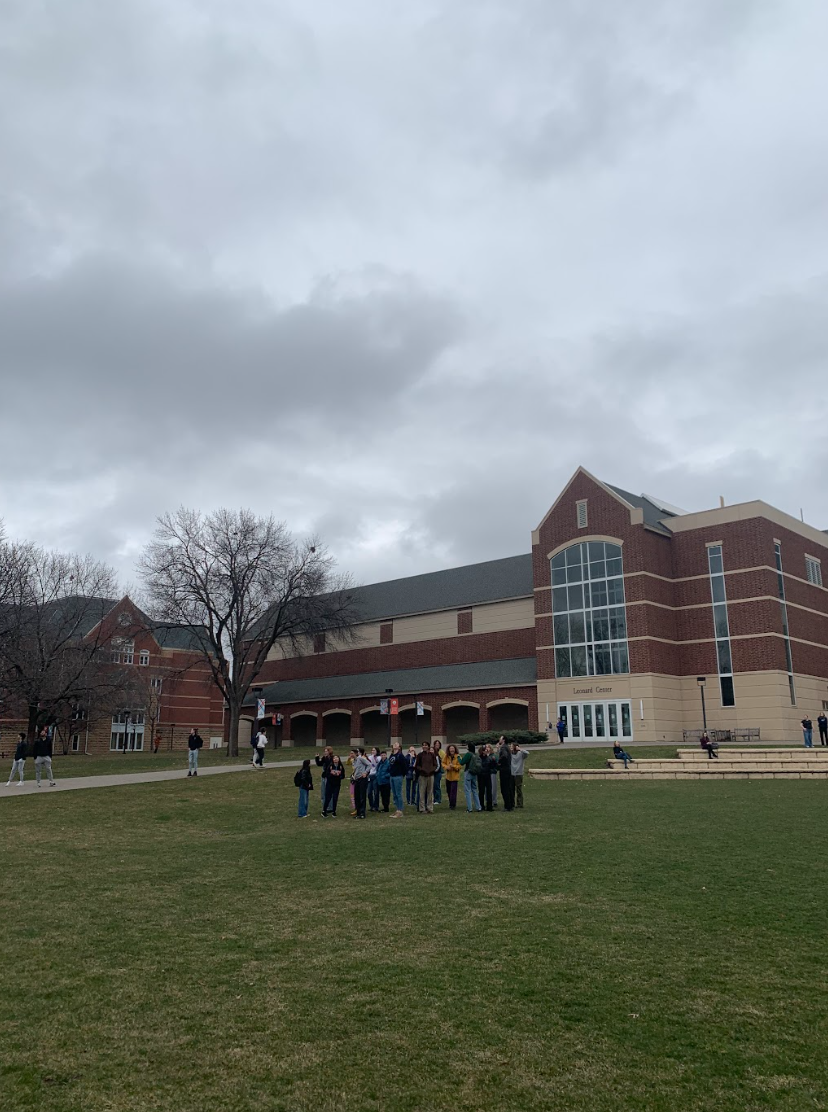
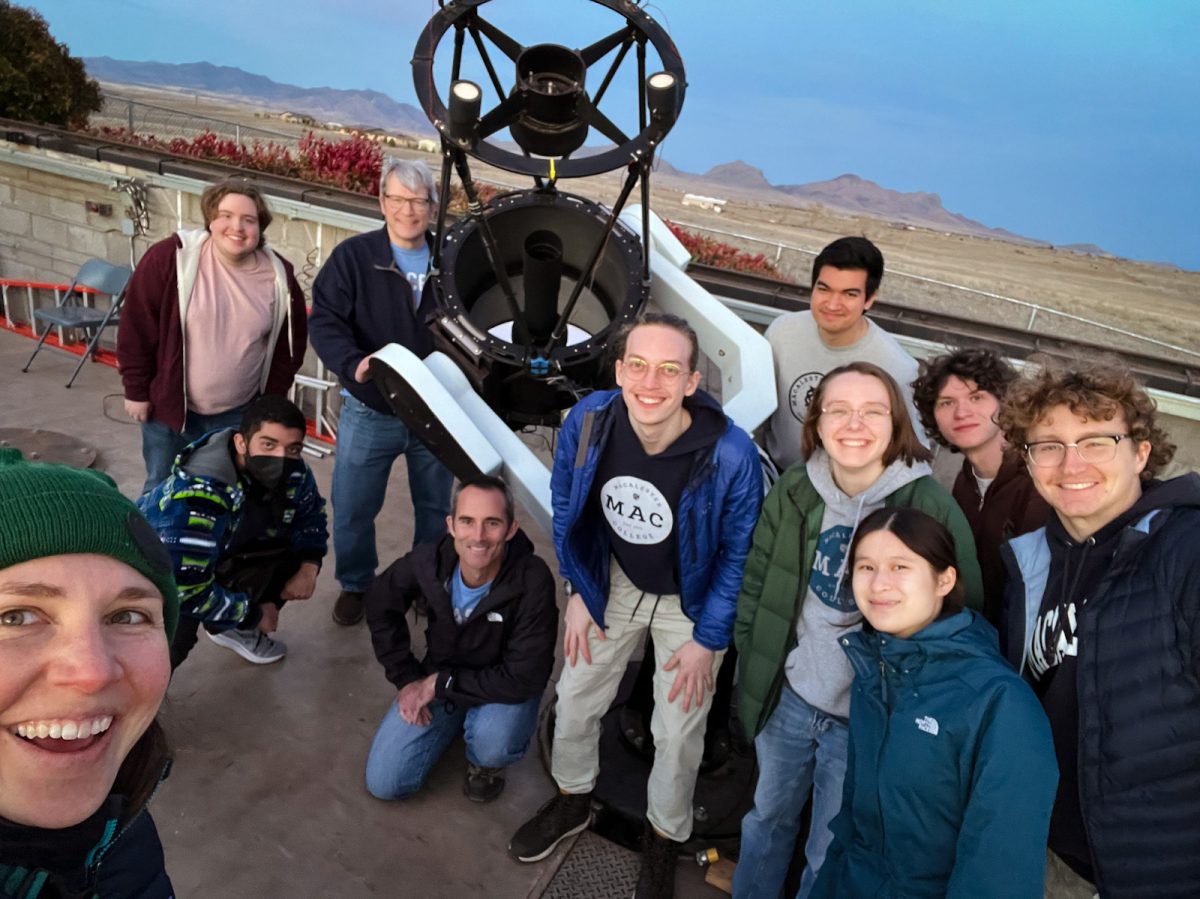

Maria MacDonald • Sep 11, 2019 at 2:35 pm
I am glad that I found this weblog, precisely the right info that I was looking for! .
Diane Edmunds • Sep 10, 2019 at 8:55 am
Awesome video, really a fastidious quality, this YouTube video touched me a lot in terms of features.
Edward Ince • Sep 6, 2019 at 5:38 pm
The very root of your writing while sounding agreeable in the beginning, did not settle well with me personally after some time. Someplace within the paragraphs you managed to make me a believer but just for a very short while. I still have got a problem with your jumps in assumptions and you might do nicely to fill in those gaps. When you can accomplish that, I will certainly be fascinated.